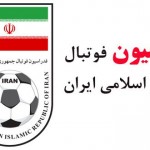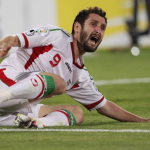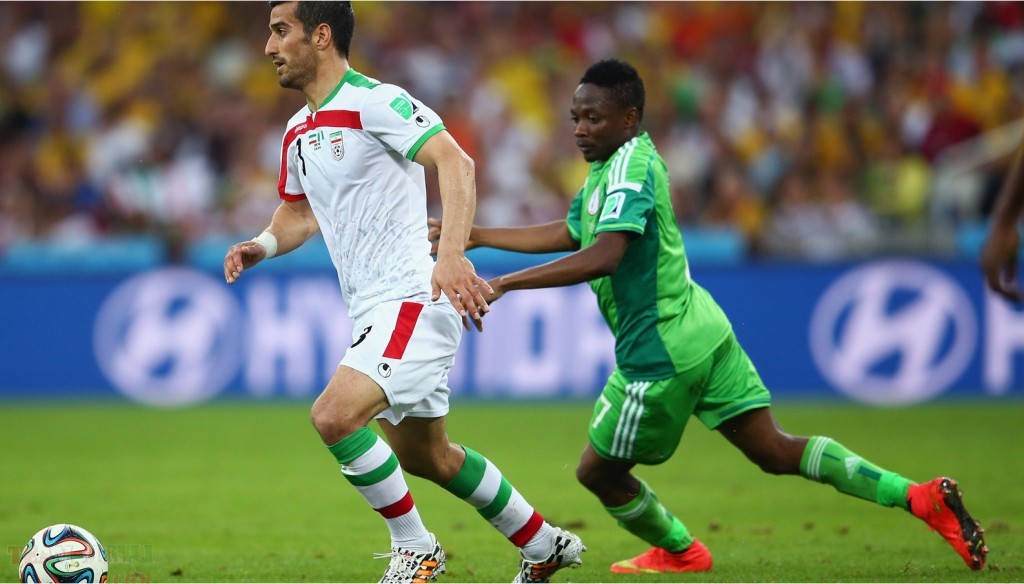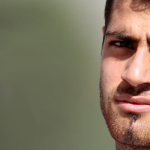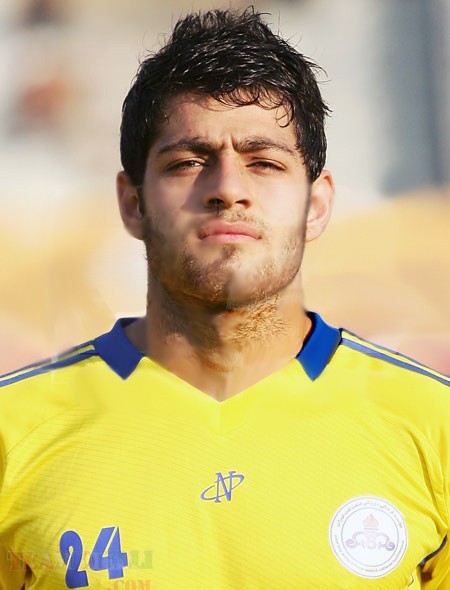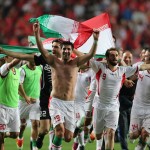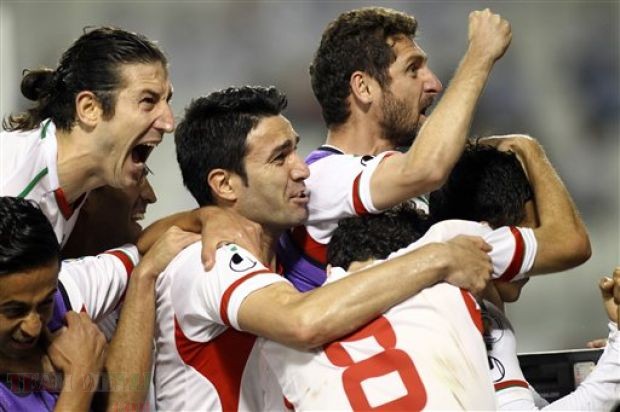Jlloyd Samuel , a sad saga.
A disturbing interview with Trinidadian footballer Jlloyed Samuel conducted by ISNA news agency highlighted the degree at which Iranian football chiefs and administrators has put Iran’s name into disrepute.
Jlloyed Samuel the ex-Esteghlal player who currently plays for the relegated team Peykan , in Iran Persian Gulf League is virtually a prisoner in Iran and not allowed to leave due to that renowned charge of Income Tax evasion by footballers.
“Not only, Esteghlal has not paid my salaries, and that was the major reason that I left them, they have also ceased paying the income tax on my behalf that was part of their contractual obligation. As such I am not able to leave the country until this matter is sorted out” a despairing Samuel told ISNA.
“I am in frequent contact with Esteghlal management and all I hear repeatedly are promises one after another. Nothing but false promises and false hopes. I reached a stage that I was having difficulty making ends meet. I had no choice but to file an official complaint against Esteghlal with FIFA. The verdict was very clear in my benefit, yet Esteghlal has still not paid me.” Samuel said.
“I have a problem with Peykan as well but hope that at least with this club, matters do not reach FIFA as I hope that an amicable solution is reached. I am a professional player who came to Iran to work and earn money; I have to be paid like any other professional. When a footballer is not paid his due, it is impossible for him to concentrate and give his best while playing. His mind will always be occupied. Performance in football is not just about the physical state of a player but also his mental state. So many problems are piling up on me because of lack of money. I don’t understand why this is happening in Iran. People like me come here to give their best and expect to be rewarded and paid, I enjoyed playing in Esteghlal and loved Iran I loved the fans, but slowly this feeling turned into a nightmare. It cannot be good for Iran’s football reputation at all.”
“It is a joke that I am now being held here against my well. I am not an Iranian citizen and I need to go back to my family and country. I have sought diplomatic counseling and been advised to amicably sort out the issue first, before the diplomats escalate the issue and it becomes embarrassing.”
Carlos Queiroz was the last victim of the tax authority as his employer has neglected to pay his taxes. Queiroz was banned from traveling before some temporary payment helped to lift the travel ban.
Yet again, Iranian football management has miserably failed, not only professionally but also ethically and honorably. The incompetency and corruption of managers reaches its peak at Esteghlal and Persepolis clubs, both owned , managed and controlled by the government. No wonder that the owner wants to rid itself from these two clubs.
Source: ISNA

